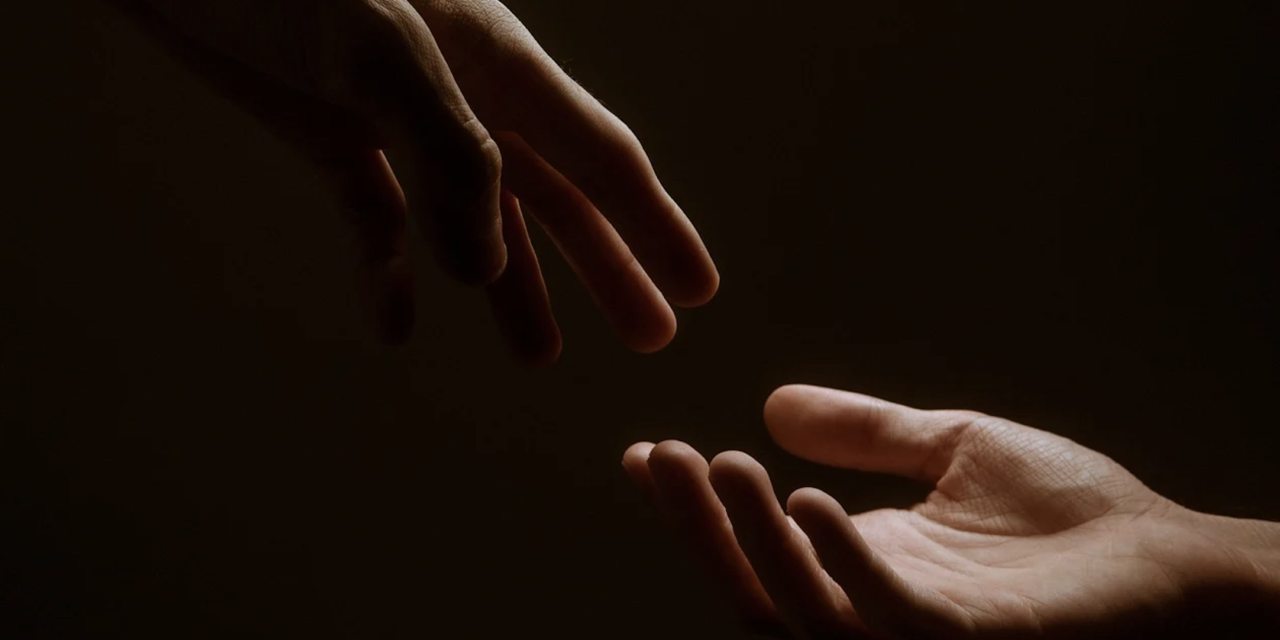Cults. For many, an unclear indication of a group of people. Last year, various reports were published about Dutch cults and arrested cult leaders. The increasing number of cults is a growing problem that cult experts are concerned about. While most reports were received in 2019, ‘Sektesignaal’ – a special reporting point for people who need help because they are in a cult or thinks their family member is – was abolished by the government. At the end of 2020, the majority of the House of Representatives was in favor of the reintroduction of the reporting point ‘Sektesignaal’. What is a cult, who are involved and what are the characteristics of a cult?
What is a cult?
To learn more about cults in the Netherlands, the definition of a cult needs to be clear. A cult can be seen as a social group that is defined by its (sometimes unusual) religious, spiritual or philosophical beliefs, or by its common interest in a particular personality, object, or goal (Ross, 2009).
Bureau Beke carried out the study ‘The hot bath and the cold shower (in Dutch: het warme bad en de koude douche)’ in 2013. The study was done on behalf of the Ministry of Security and Justice, Scientific Research and Documentation Center (WODC) and shows that the Netherlands probably has several hundred to thousands of sects. An important note is whether you count the Jehovah’s Witnesses as a sect (and therefore as followers). The number of abuses is limited in this group, according to the investigative report. Frances Peters grew up in the organization of Jehovah’s Witnesses. Until 2004 she was an active member of the organization and in 2007, she was officially excluded from this organization. After she stepped out, she personally experienced that a person who grew up in a cult faces different challenges than a person who joined in adulthood. This stems from the fact that a second-generation cult member has no pre-sect identity to fall back on.
At the moment there are a lot of cults in the Netherlands, even though there isn’t a concrete number available. Frank Krake is a Dutch investigative journalist and author. Krake has drawn up a list of fourteen points based on his research, whereby people can judge for themselves whether they are dealing with a sectarian organization. “Just put your own organization next to that list and check it off. The more finches, the more likely it is to be a cult. I found it disturbing that it is so close and so much around us.”
People involved and characteristics
At first, Krake thought cult-leaders did everything premeditated. But after a conversation with a forensic psychologist, he got to learn more. “It became clear to me that a cult leader works much more according to a ‘trial and error method’. He or she tries somethings and what succeeds he continues and what doesn’t work he adapts or stops with it. The leader is inventing himself over and over. He can’t go back: things are going from bad to worse. It often starts relatively innocently with a nice story: deepening in the faith, coming to yourself. People go along with that. But slowly everything is getting stricter.”
Arjan van Dijk is an ex-cult member and with his knowledge he now helps (ex) cult members and their family. He was a member of an evangelical Pentecostal movement. Protestant Christian but then on the right flank. “It took a long time before I understood what I had really been into. At one point I became a counselor and through my knowledge acquired during my work it became clear to me that I had been in a cult. Still, it took years before I felt I was ready to help others.”
At some point, you want to go to your group more often. But that means you won’t be able to see your friends that much as you would normally do. This way people slowly cut ties with their social life and increasingly come under the power of their cult leader. “It is a kind of organic process in which those cult leaders are very dominant and have something in their brain structure that is not quite right. Almost every cult leader wants three things: money, power and sex” says Krake. Van Dijk recognizes this. “We had a fully stocked program, from 7:00 am to 10:00 pm in the evening. We were hardly allowed to leave the building, only with permission to get toothpaste, for example. I was rarely allowed to go to my parents, only once every four weeks for a day and a half. Then I often just slept. People have multiple roles for the cult: father, cousin, football player, tennis player. You see when someone is in a cult, these roles drop out and only one role remains. That of a cult member.”
While many have the prejudice that people in a cult are most likely to be poorly educated, this seems to be not true. Krake: “I always thought cult members lived on the street at first or that they weren’t quite right in their head. I was shocked when I found out that the majority of the cult members have a very good education, can defend themselves very well, have a good social position and do have enough money in the bank.
A cult leader loves nothing more than good representatives of his movement. He prefers to bring in people who can also bring in other people.” Van Dijk agrees to this. “Help seekers come to me and ask for help, but I have to say that I think that the less educated are more likely to stay in a cult all their lives. They probably won’t look for help. Are they in the minority or are they less in the picture of social services? The less educated are often the cult’s ‘foot soldiers’. They make the food, they clean the building and take care of the garden, etc.”
Van Dijk managed to get out of the cult because he became overwrought. By grace he was allowed to stay in a room in the place where the cult was located. “I still had to report every day, but it gave me more distance from the group. It was not a cult I wasn’t allowed to leave, but a cult where I would have to stay on the right path forever.” Cult members who leave the cult are seen as apostates. The other cult members are also told that it is scum, that they are possessed by the devil and that all contact must be prevented.”
At the end of 2020, the majority of the House of Representatives was in favor of the reintroduction of the reporting point ‘Sektesignaal’. According to Krake, the reintroduction of a hotline is an important step, which is certainly necessary. “A support center coordinates all reports: everything comes together here. They know how to proceed and how they can help someone. Suppose you report to someone who is not that skilled, like a police officer, then you will hear exactly what your cult leader always said: they (the outside world) don’t understand us anyway. Your faith in the cult leader is only getting stronger, because he has already foreseen this.”




